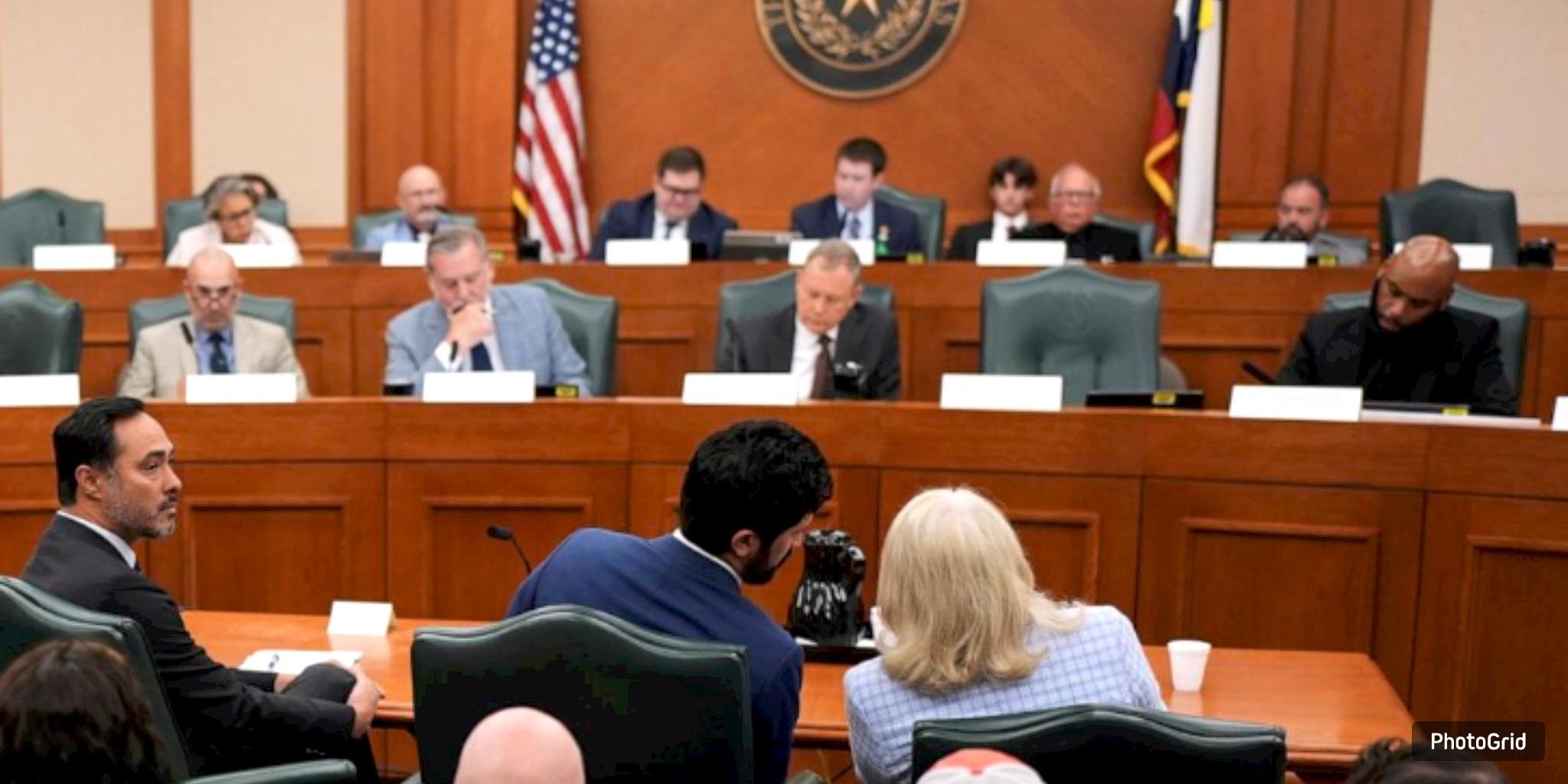
The Texas Republican Party has announced a proposed congressional redistricting map that would drastically change political representation in Austin. The map would divide the city's core into multiple districts and potentially eliminate one of Austin's primary Democratic strongholds. Despite its recent release, the map has already elicited criticism from Democratic leaders and residents who contend that it undermines equitable representation.
The majority of Austin is currently represented by Democrats Lloyd Doggett (District 37) and Greg Casar (District 35). However, the new proposal divides neighborhoods such as Rattan Creek into multiple districts, thereby relocating portions of them to rural, Republican territories that are expansive. Ramon Telles, the local Democratic precinct representative and a resident of Rattan Creek, asserts that the modifications would require residents to interact with congressional offices located hundreds of miles away. He stated, "It is simply not justifiable or equitable." "We are transitioning from one representative who is familiar with our community to potentially three who do not reside in our vicinity."
Both Doggett and Casar have denounced the plan as politically motivated and illegal. Casar asserted that it contravenes the Voting Rights Act by consolidating liberal voters and diminishing the influence of Black and Latino communities in the adjacent area. "The purpose of this is to silence Central Texas," he stated. Doggett reiterated the apprehension, accusing former President Trump and Republicans of manipulating districts to "maintain one-man rule."
Nevertheless, not all individuals concur that the modification is discriminatory. Jennifer Fleck, the Travis County GOP Chair, favors the new map, contending that it more accurately represents the political landscape of the region's changing suburbs. She stated that the redistricting is beneficial for both Texas and the nation, citing Republican victories in the area as justification.
By approving the design, Republicans could potentially increase their control of Texas's 38 congressional seats from 25 to 30. The broader national implications are significant, according to Jim Henson of the Texas Politics Project at the University of Texas at Austin, particularly in light of the thin GOP majority in the U.S. House. "This is not solely about Austin; it is about the development of federal policy," he stated.
The map's public hearings commenced on Friday. The Texas Legislature's special session is expected to continue until August 19, and it is anticipated that legal challenges will follow. Federal courts have declared Texas's redistricting maps unlawful in every decade since 1965, leading to a lengthy history of litigation.
















From breaking news to thought-provoking opinion pieces, our newsletter keeps you informed and engaged with what matters most. Subscribe today and join our community of readers staying ahead of the curve.